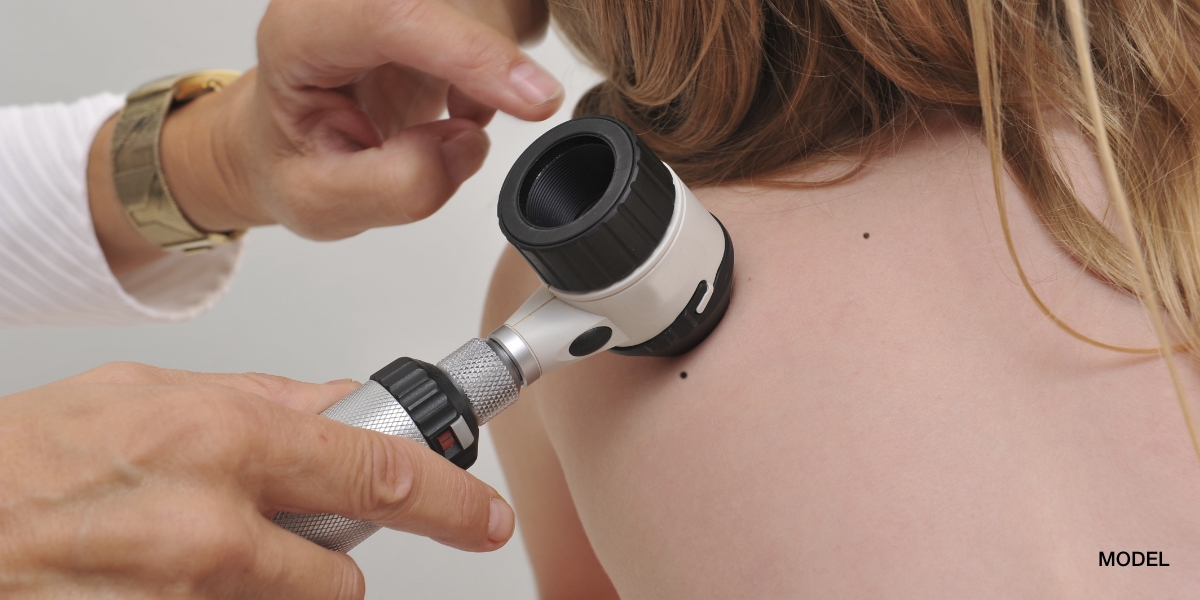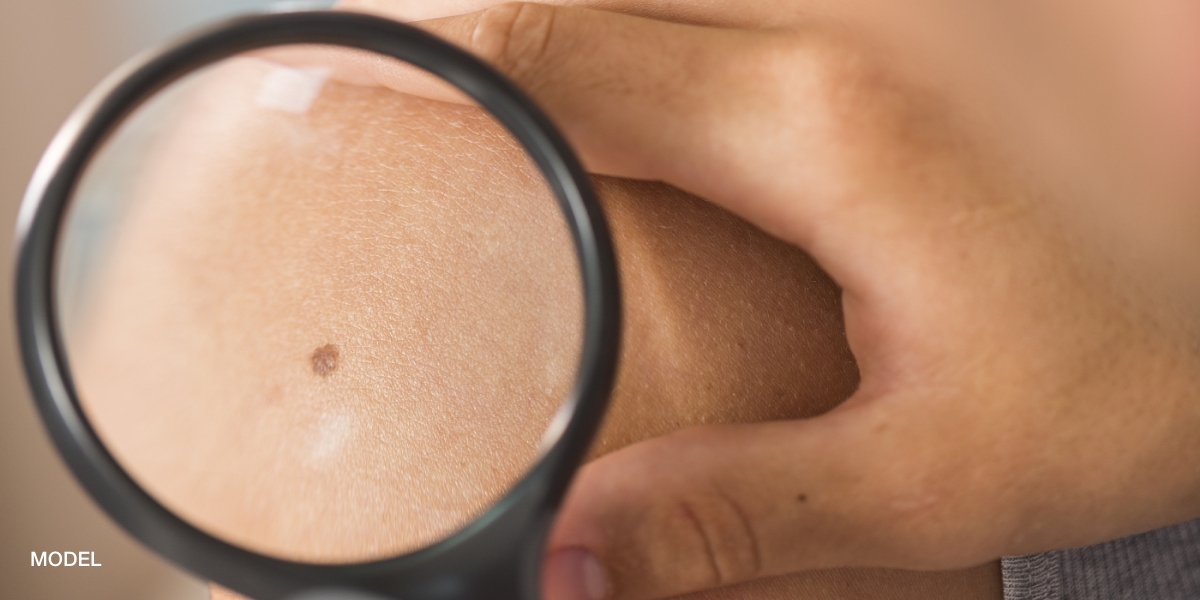Actinic keratoses (AKs) are pre-cancerous skin lesions, which can progress to squamous cell cancer if left untreated. They occur on sun-exposed areas such as the arms, hands, scalp, ears, nose, temples, forehead, lips, neck and the lower legs. Clinically, they appear as red scaly lesions that are very rough and feel like sandpaper. Approximately, 10% of actinic keratoses progress to skin cancer so they are treated with multiple modalities. Cryosurgery is the most common way to treat actinic keratoses. It involves spraying liquid nitrogen on the actinic keratosis. This produces very mild discomfort as if ice was held against the skin. Over 1-2 weeks the actinic keratosis blisters and produces a small scab before falling off and brand new fresh skin arises in the treated area. The wound care on these areas is very straightforward in which one continues their normal hygiene. Vaseline can be applied to the treated area as it is healing. Patients with actinic keratoses are seen routinely in dermatology clinic either on a 3 month, 4 month, 6 month or annual schedule. Many patients note that new actinic keratoses arise in previously treated areas and this occurrence is due to that area being very sun damaged so they can expect additional actinic keratoses to arise in the future.
August 14, 2010

Medically reviewed by Anthony J. Perri, M.D.
You May Also Like



Request a Consultation (Sidebar)
Recent Posts
Categories
- Uncategorized (512)
Tags
acne (6)
acne treatment (3)
acne vulgaris (2)
basal cell carcinoma (2)
biopsy (3)
cold urticaria (1)
common skin conditions (11)
dermatologist (15)
dermatology (7)
dr. perri (8)
dry skin (1)
eczema (2)
filiform (1)
health (3)
Herpes (1)
herpessimplex (1)
hives (2)
indentification (1)
keratosis pilaris (1)
Lichen Planopilaris (1)
melanoma (2)
moles (3)
periungual (1)
perri dermatology (10)
prevention (2)
rashes (2)
rosacea (3)
rosacea therapy (2)
skin cancer (6)
skin cancer screening (5)
skin care (2)
skin checks (8)
skin condition (6)
skin conditions (8)
skin damage (2)
skin exam (8)
summertime (3)
sunburn (3)
sunburns (2)
Sunprotection (1)
sunscreen (2)
virus (1)
warts (2)
why perri dermatology (3)
woodlands dermatologist (6)
